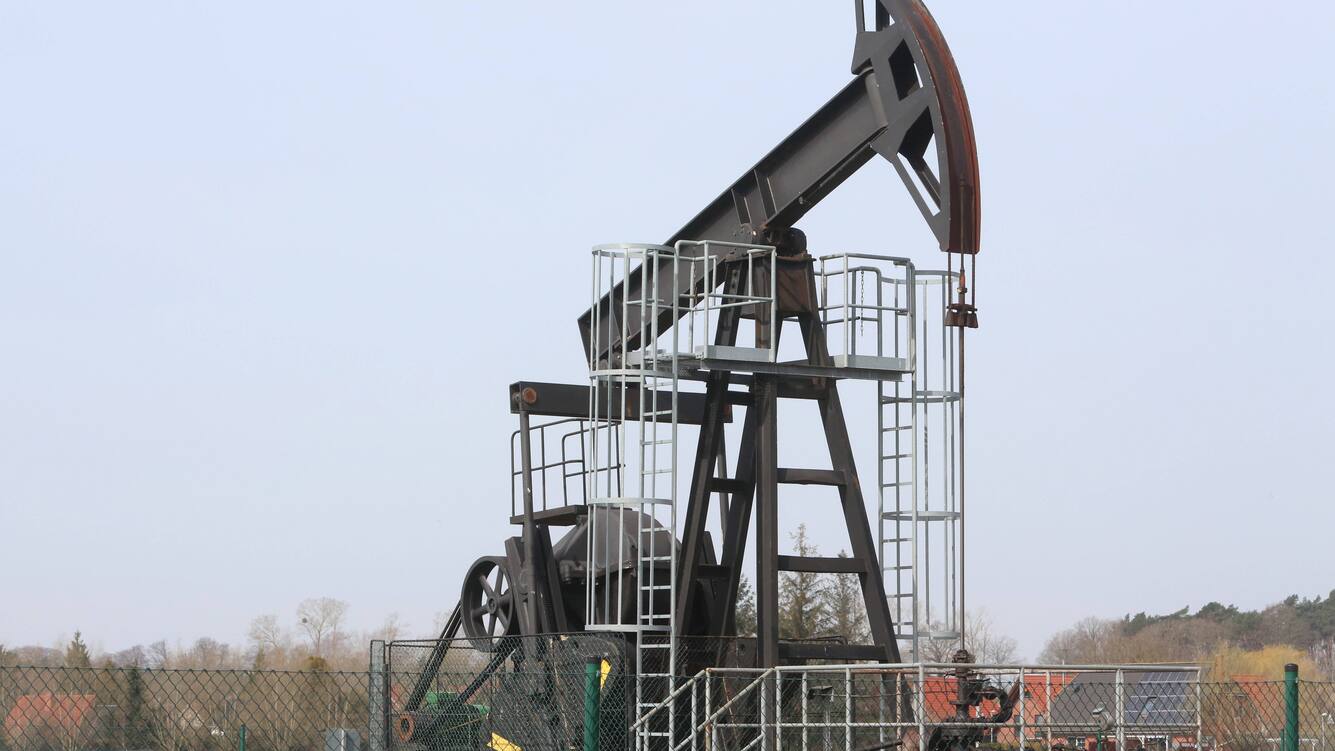The EU countries and the leading industrialized countries allied with them will probably have to do without Chinese help with their oil price cap against Russia.
Beijing wants to continue its energy cooperation with Russia on the basis of respect and mutual benefit, Russia’s RIA news agency reported on Monday, citing the Chinese Foreign Ministry. The People’s Republic has increased its imports of Russian oil this year, which is significantly cheaper than other types of oil.
The price cap on Russian oil came into force this Monday. The EU, the G7 countries and Australia want to put financial pressure on Russia in the war against Ukraine. According to the EU Commission, all 27 EU member states approved a price cap of 60 dollars per barrel for Russian oil transported by sea over the weekend. That would be a good ten percent less than the market price of 67 dollars for Russian Ural oil on Friday.
According to an insider, the Russian government is preparing a decree in response. It is intended to ban domestic companies and dealers from business contacts with countries and companies that are based on the upper limit. This will ban the export of oil and oil products from such countries, the insider told Reuters.
The Austrian energy expert Walter Boltz expects that the oil embargo against Russia could push up prices by up to 20 percent for a few weeks. Overall, however, he does not expect any massive effects on the European end customer markets, said the former head of the energy regulator E-Control and current adviser to the federal government on ORF radio. “It cannot be ruled out that we will have higher prices for some products such as diesel, petrol and heating oil for one to two months,” said Boltz. “It can be ten, 15 or 20 percent,” he added.
Pipeline oil that flows to Europe is exempt from the cap. Hungary, among others, had pushed for this. From 2023 onwards, however, the German federal government no longer wants to purchase Russian oil in this way. She is looking for other ways to secure supplies to the refinery in Schwedt, which is important for the fuel supply in eastern Germany.
Since Monday, EU shipping companies are only allowed to transport Russian crude oil if it is sold below or at the G7 price ceiling. This also applies to insurers, reinsurers or other financing of the oil business. With the world’s major shipping and insurance companies based in the G7 countries, the price cap could actually make it harder for Russia to sell its oil at a higher price.

